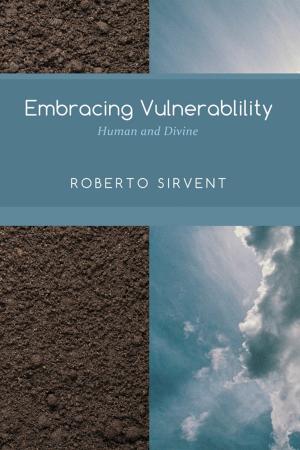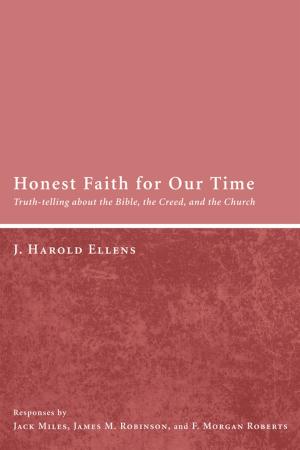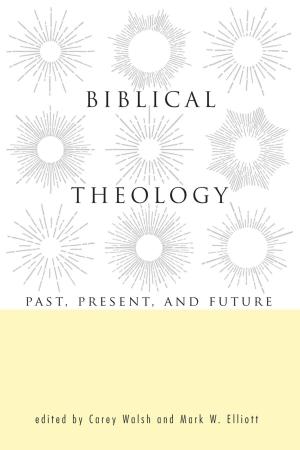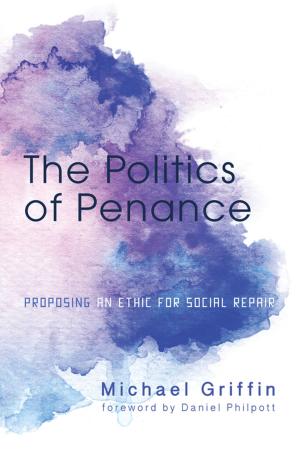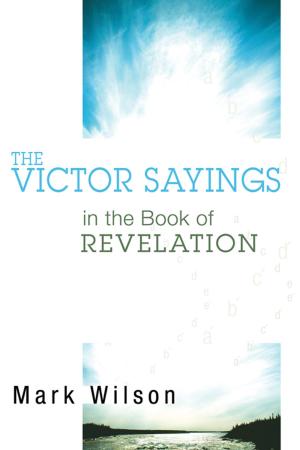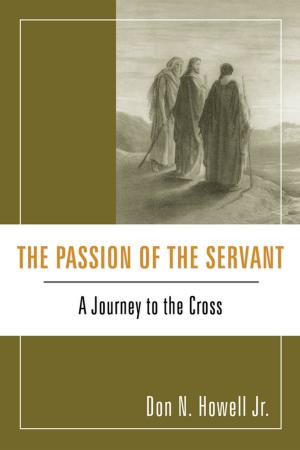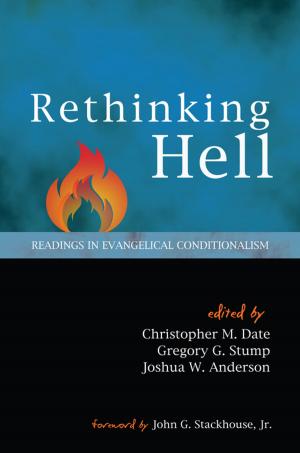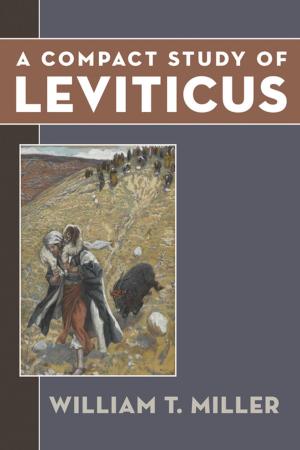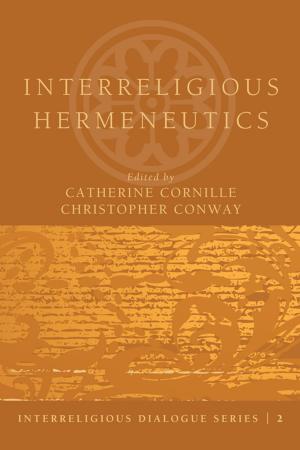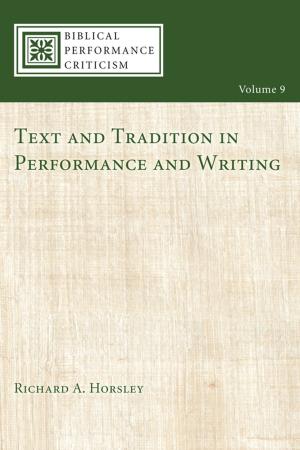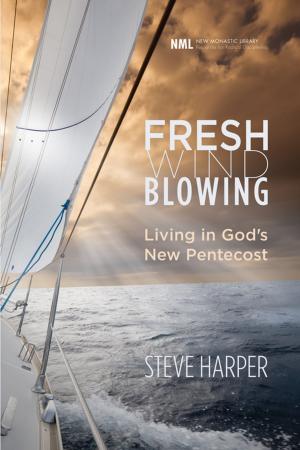Deconstructing Sacramental Theology and Reconstructing Catholic Ritual
Nonfiction, Religion & Spirituality| Author: | Joseph Martos | ISBN: | 9781498221801 |
| Publisher: | Wipf and Stock Publishers | Publication: | May 12, 2015 |
| Imprint: | Resource Publications | Language: | English |
| Author: | Joseph Martos |
| ISBN: | 9781498221801 |
| Publisher: | Wipf and Stock Publishers |
| Publication: | May 12, 2015 |
| Imprint: | Resource Publications |
| Language: | English |
Catholic sacramental doctrine has lost much of its credibility. Baptized people leave the church, adolescents stop attending shortly after they are confirmed, supposedly indissoluble marriages regularly dissolve, few go to confession, and many do not believe in transubstantiation. Drawing upon his decades-long study of the sacraments, Martos reveals how teachings that seemed rooted in the scriptures and Catholic life have become unmoored from the contexts in which they arose, and why seemingly eternal truths are actually historically relative. After carefully constructing Catholic teaching from the church's own documents, he deconstructs it by demonstrating how biblical passages were misconstrued by patristic authors and how patristic writings were misunderstood by medieval scholastics. The long process of misinterpretation culminated in the dogmatic pronouncements of the Council of Trent, which continues to dominate Catholic thinking about the church's religious ceremonies. If the sacraments are released from their dogmatic baggage, Martos believes that the spiritual realities they symbolize can be celebrated in any human culture without being tied to their traditional rites.
Catholic sacramental doctrine has lost much of its credibility. Baptized people leave the church, adolescents stop attending shortly after they are confirmed, supposedly indissoluble marriages regularly dissolve, few go to confession, and many do not believe in transubstantiation. Drawing upon his decades-long study of the sacraments, Martos reveals how teachings that seemed rooted in the scriptures and Catholic life have become unmoored from the contexts in which they arose, and why seemingly eternal truths are actually historically relative. After carefully constructing Catholic teaching from the church's own documents, he deconstructs it by demonstrating how biblical passages were misconstrued by patristic authors and how patristic writings were misunderstood by medieval scholastics. The long process of misinterpretation culminated in the dogmatic pronouncements of the Council of Trent, which continues to dominate Catholic thinking about the church's religious ceremonies. If the sacraments are released from their dogmatic baggage, Martos believes that the spiritual realities they symbolize can be celebrated in any human culture without being tied to their traditional rites.

